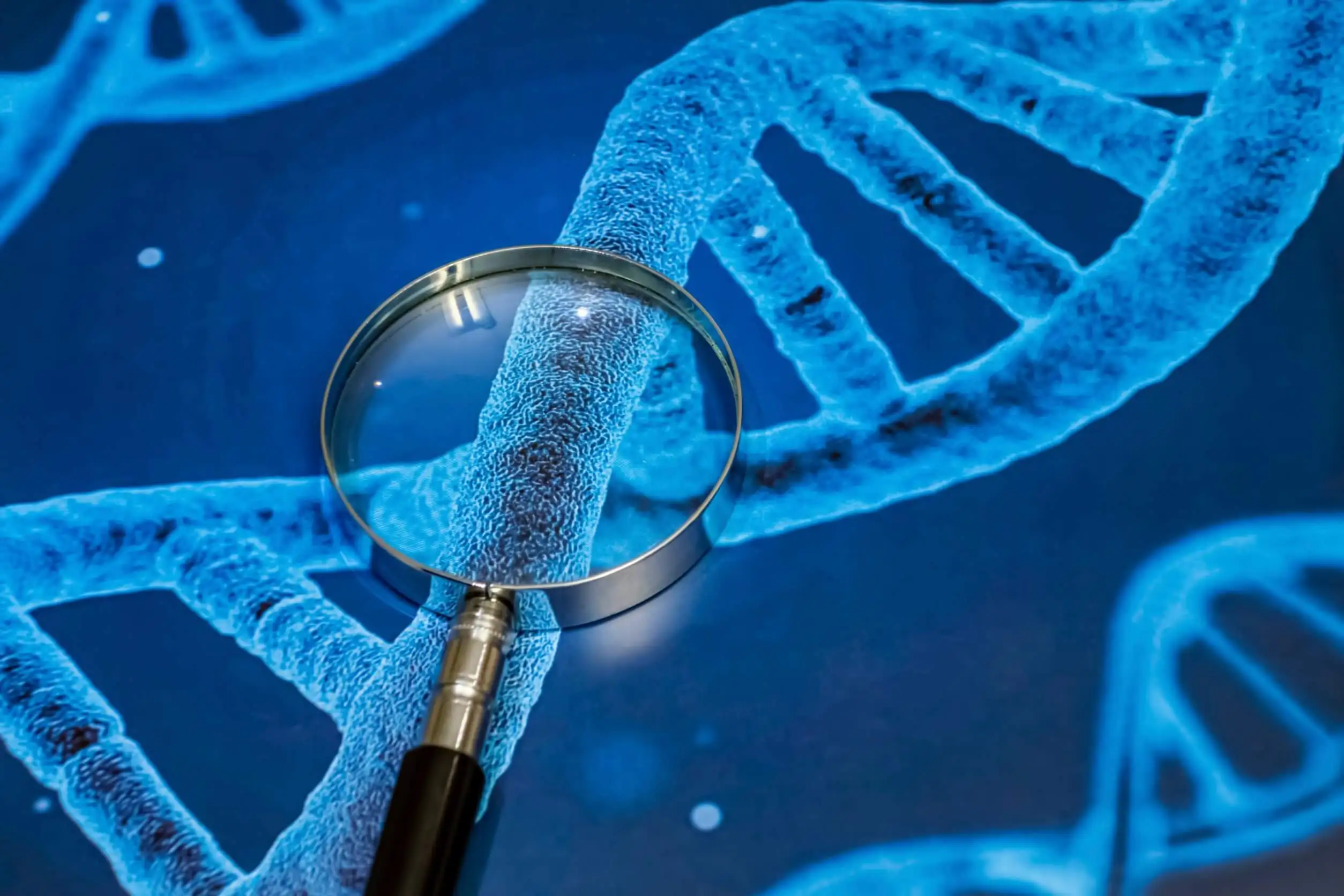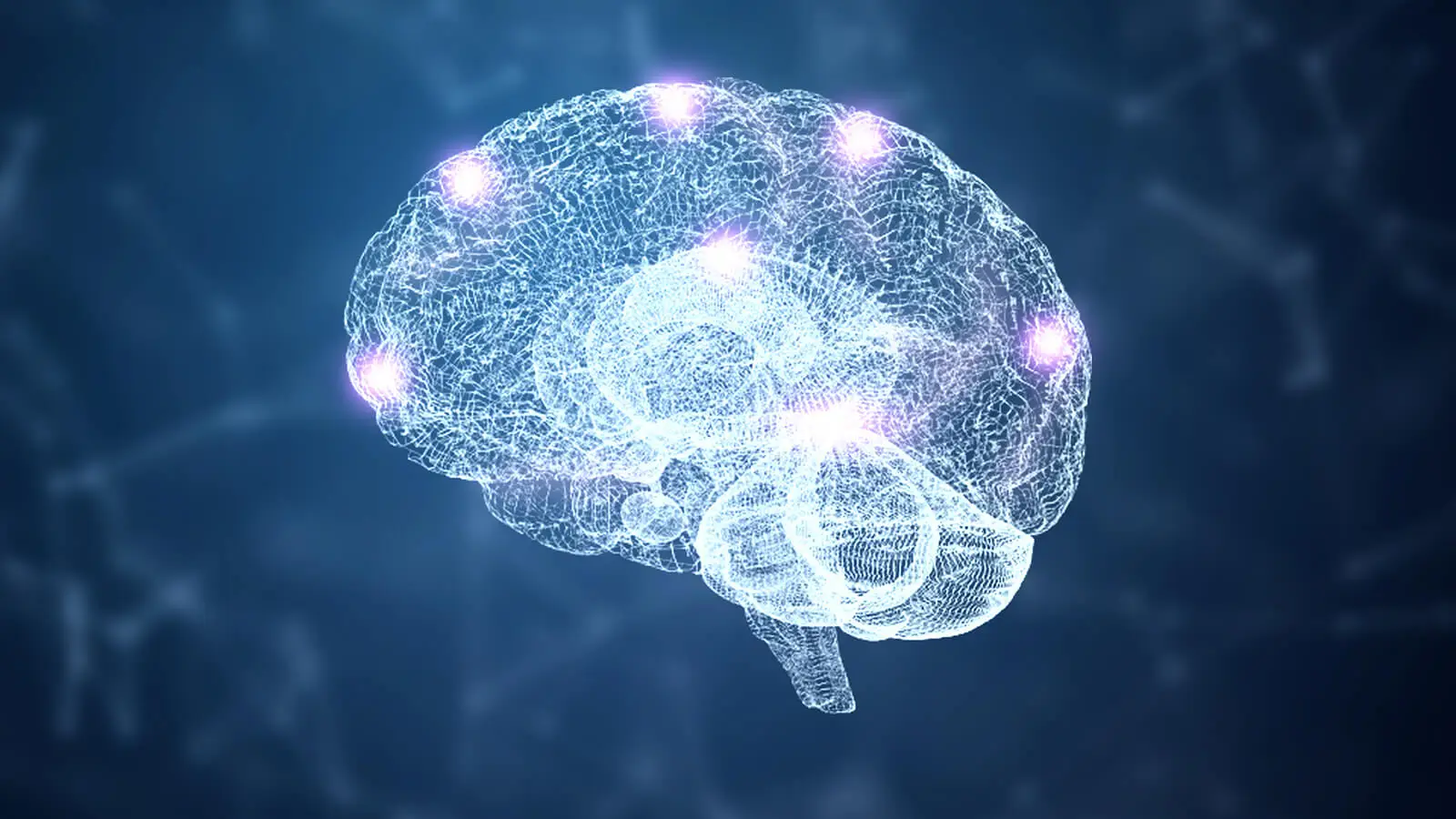Chris Hemsworth Learns He May Be at Risk for Alzheimer's Through Genetic Testing


Written and verified by the doctor Leonardo Biolatto
Chris Hemsworth is currently filming a documentary for National Geographic, and there he learned that he’s more at risk of Alzheimer’s than the rest of the population. In fact, a genetic analysis performed on him during the filming of the TV series Limitless, which was recently released to the public, revealed that he is a carrier of two copies of the APOE e4 gene.
The Thor star recently told some members of the media that he was shocked by the information. He was not sure how to deal with the news, whether to make it known or what to do with it in the future.
In any case, it did not come as a complete surprise. He himself clarified that he knew that one of his grandparents had received the diagnosis of the disease late in life.
The thought that I won’t be able to remember the life I’ve experienced, my wife or children, is probably my biggest fear. -Chris Hemsworth
Does the result indicate that Chris Hemsworth will have Alzheimer’s?
The genetic testing that Chris Hemsworth underwent indicates a higher risk of having Alzheimer’s in his old age compared to the general population. That is, compared to other people who do not have both copies of the gene in question (one copy on the father’s side and one on the mother’s side).
However, higher risk does not translate into imminent disease.
In particular, with respect to Alzheimer’s disease, there are two types of genes that scientists have recognized as being involved in the pathology:
- Risk genes: These are genes that, if present in a person, make him/her more prone to the disorder when he/she gets older.
- Determinant genes: These genes establish that the disease will be present, no matter what. However, there are very few genes with these specific characteristics.
We think you may be interested in reading this, too: 8 Misunderstood Aspects of Alzheimer’s Disease
What genes showed up in the actor’s result?
Chris Hemsworth has an increased risk of Alzheimer’s because he has two copies of the APOE e4 gene. Research in recent years has revealed that many patients with the disease have it as a risk gene.
APOE stands for apolipoproteins. The genes that encode them in the human body can have 3 variations that are important in establishing the risk of neurodegenerative disease.
The APOE e2 form is protective. When present, the person has a lower risk of developing Alzheimer’s disease after the age of 65.
On the other hand, the APOE e3 form does not appear to be involved in the risk. On the contrary, APOE e4 increases the risk in carriers. It’s estimated that up to a quarter of the world population has one copy of the latter, while less than 3% have both copies (from both the father and the mother).
The actor has two copies of APOE e4, so his risk is increased by 10-fold. If he had only one copy, the increased probability would be 3-fold, compared to the general population.

What is the utility of genetic testing for Alzheimer’s?
It’s not only APOE genes that are linked to Alzheimer’s disease. Several research studies, including some that are still ongoing, show that many chromosomal variations can increase the risk.
The following are the most significant:
- CLU: This gene is related to the production of beta-amyloid in the brain. The amyloid beta substance is important because its accumulation has been found in patients with neurodegenerative pathologies.
- CR1: If this gene doesn’t code well for the protein it produces, there will eventually be brain inflammation, with a consequent increased risk of neurodegenerative diseases.
- TREM2: This is another gene linked to brain inflammation.
So, should all these genes be tested for? The current scientific consensus proposes not to perform such tests for Alzheimer’s predisposition.
In fact, these tests are only indicated when there have been cases of early-onset Alzheimer’s disease in the person’s family. This is defined by symptoms that start before the age of 60 and after the age of 30. This is a commonly feared form of presentation, since it affects the person during their most productive stage of life.
Like this article? You may also like to read: Alzheimer’s Disease and Sleep Pattern Changes
The results are difficult to interpret
In particular, experts do not recommend testing the APOE genes, since a positive result is not yet a determining indicator. There could be an increased risk of having Alzheimer’s, but that probability is not absolute. We also still don’t know what other environmental and genetic factors play a role.
So, what will a person like Chris Hemsworth do with the results and his possibility of Alzheimer’s in the future? Could he take any preventive measures now? Or has he just added to his stress, anxiety, and worry?
The mental consequences of getting such a result cannot be underestimated. That’s why, due to the scientific doubts that persist about these genes, it’s not possible to recommend genetic testing for Alzheimer’s to everyone.
The tests that could be useful
As we’ve already mentioned, there are some very specific situations that would merit genetic testing. This happens when a person has a history of direct family members with early Alzheimer’s and begins to show compatible symptoms before the age of 60.
Such a patient could be tested, but not for the APOE genes. In fact, the APP, PSEN1, and PSEN2 genes would be appropriate. Mutations in these DNA fragments lead to excessive production of beta-amyloid, the substance that accumulates in the brain and forms plaques characteristic of several neurodegenerative diseases, visible in a biopsy.

Not everything is genetics
Sometimes, it may seem like everything in medicine today boils down to genetics. However, it’s impossible to believe that we’re always determined by certain diseases. Heredity plays a fundamental role, but it is not the only one.
Chris Hemsworth’s genetic test that seems to indicate an increased risk of Alzheimer’s is just a glimpse of his genome. For now, nothing indicates that the actor will develop the disease after his 65th birthday. Yes, it may happen, but it may also not happen.
What is important is to get an early neurological consultation if you suspect you may be displaying signs of Alzheimer’s. An early diagnosis can make a big difference in a person’s quality of life.
All cited sources were thoroughly reviewed by our team to ensure their quality, reliability, currency, and validity. The bibliography of this article was considered reliable and of academic or scientific accuracy.
- Dai, Meng-Hui, et al. “The genes associated with early-onset Alzheimer’s disease.” Oncotarget 9.19 (2018): 15132.
- Dubois, Bruno, Gaetane Picard, and Marie Sarazin. “Early detection of Alzheimer’s disease: new diagnostic criteria.” Dialogues in clinical neuroscience (2022).
- Pimenova, Anna A., Towfique Raj, and Alison M. Goate. “Untangling genetic risk for Alzheimer’s disease.” Biological psychiatry 83.4 (2018): 300-310.
- Riedel, Brandalyn C., Paul M. Thompson, and Roberta Diaz Brinton. “Age, APOE and sex: triad of risk of Alzheimer’s disease.” The Journal of steroid biochemistry and molecular biology 160 (2016): 134-147.
- Roberts, J. Scott, et al. “Direct-to-consumer genetic testing: user motivations, decision making, and perceived utility of results.” Public Health Genomics 20.1 (2017): 36-45.
- Serrano-Pozo, Alberto, Sudeshna Das, and Bradley T. Hyman. “APOE and Alzheimer’s disease: advances in genetics, pathophysiology, and therapeutic approaches.” The Lancet Neurology 20.1 (2021): 68-80.
- Van Cauwenberghe, Caroline, Christine Van Broeckhoven, and Kristel Sleegers. “The genetic landscape of Alzheimer disease: clinical implications and perspectives.” Genetics in Medicine 18.5 (2016): 421-430.
This text is provided for informational purposes only and does not replace consultation with a professional. If in doubt, consult your specialist.








